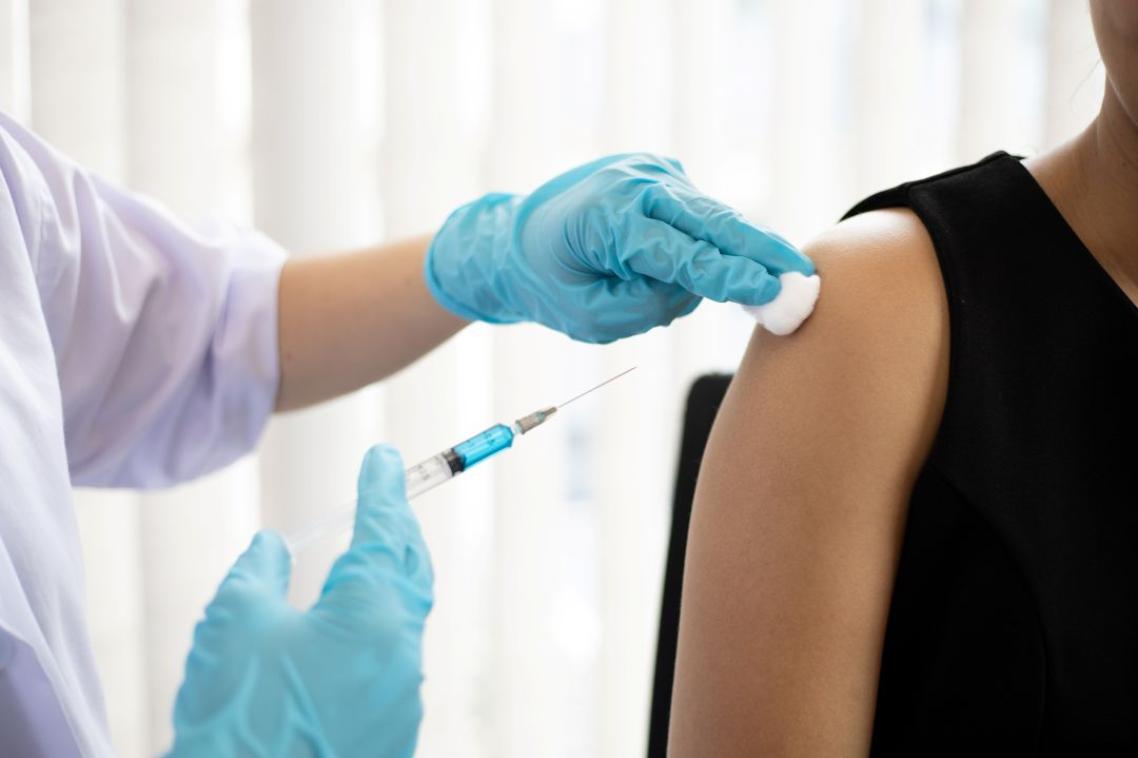
(Photo credit: Puwasit Inyavileart/Adobe Stock. )
The US Advisory Committee on Immunization Practices (ACIP) has recently met to review data and vote on vaccine recommendations.
Under the Trump administration, with Robert F. Kennedy Jr. as United States Secretary of Health and Human Services, there have been sweeping changes to the Centers for Disease Control (CDC) and the US public health system.
Paul Griffin is a Professor of Medicine at UQ’s Medical School and Director of Infectious Diseases at Mater Health Services in Brisbane.
Here, he discusses what we know about vaccine safety and the US Vaccine Adverse Event Reporting System (VAERS).
COVID-19 has been a global health event of unprecedented impact with recorded cases now estimated to exceed 700 million and deaths exceeding 7 million.
While the public health emergency of international concern was declared over on the 5 May 2023, the impact of COVID-19 continues.
What do we know about vaccine safety?
The ability to rapidly develop a number of vaccines that were approved by regulatory bodies and deployed around the world has undoubtedly had a tremendous impact.
Estimates suggest cases averted as a result of vaccination are likely to be at least in the 10s of millions, and deaths in the 100s of thousands, if not millions.
Vaccines for COVID-19 were able to be developed rapidly due to many important innovations and based on many years of research, preparing to be able to more rapidly respond to a novel emerging pathogen such as that responsible for COVID-19.
All the usual phases of clinical trials (including with placebo controls) were completed with numbers of participants exceeding that usually seen in other similar clinical trials.
To achieve regulatory approval, these vaccines (as with all vaccines that are approved by our and other similarly rigorous regulators) demonstrated both high levels of efficacy as well as safety.
Once approved, safety as well as effectiveness continued to be carefully observed.
While it is clear that vaccines for COVID-19 are associated with a small number of mostly mild adverse events (as with essentially any intervention), for all vaccines approved and in use, the rate of related adverse events is so low that the benefits outweigh these risks.
Hence these regulatory approvals and associated recommendations have remained in place.
The raw number of adverse events must be considered in the context of the denominator, or number of doses given in such a short space of time – now over 13.5 billion doses of COVID-19 vaccines.
The distinction between correlation and causation also needs to be considered given the majority of the world's population has now been vaccinated.
This does not mean that anything bad that happens to anyone is a direct result of having received a COVID-19 vaccine.
Comparing US and Australian reporting systems
Adverse event reporting systems are an important part of the ongoing monitoring of the safety of vaccines, both in the USA as well as here in Australia.
We do, however, need to make sure that this data is interpreted correctly.
The reporting of adverse events or deaths that occur after someone has been vaccinated does not necessarily mean the vaccine directly or even indirectly caused the event or death.
Once again, the distinction between correlation and causation is important.
The VAERS website provides guidance on interpretation to this effect, even stating:
'VAERS collects data on any adverse event following vaccination, be it coincidental or truly caused by a vaccine. The report of an adverse event to VAERS is not documentation that a vaccine caused the event.’ (VAERS - Guide to Interpreting VAERS Data)
However, this point is often omitted when this data is used to try to overestimate safety concerns of vaccines.
On other safety concerns
When assessing vaccines in clinical trials, for regulatory approval and for ongoing use, safety remains the primary consideration and is very carefully monitored.
If it is not abundantly clear that the benefits of a vaccine outweigh the risks (and there are always some risks), it will not progress through clinical trials, much less be approved and used.
Unfortunately, misinformation such as the firmly refuted link between vaccination and autism can cause tremendous harm and undermine trust in vaccination.
The result is that the impact of vaccine preventable diseases is greater than it should be.
Collaborations and acknowledgments
Professor Paul Griffin is director and scientific advisory board member of the Immunisation Coalition and Director of the AMA Queensland. He has received speaker honoraria from companies including Seqirus, Novartis, Gilead, Sanofi and Janssen. His Medical Advisory Board Memberships have included Sanofi, AstraZeneca, GSK, MSD, Seqirus, Moderna, Ferring and Pfizer. Professor Griffin is a Clinical Trial Principal Investigator, including on trials of 8 COVID-19 vaccines.
Topics
Related articles

National guidelines to revolutionise concussion treatment
Brisbane woman runs 50km for 50 days to break barriers for para-athletes
Media contact
UQ Communications
communications@uq.edu.au
+61 429 056 139
